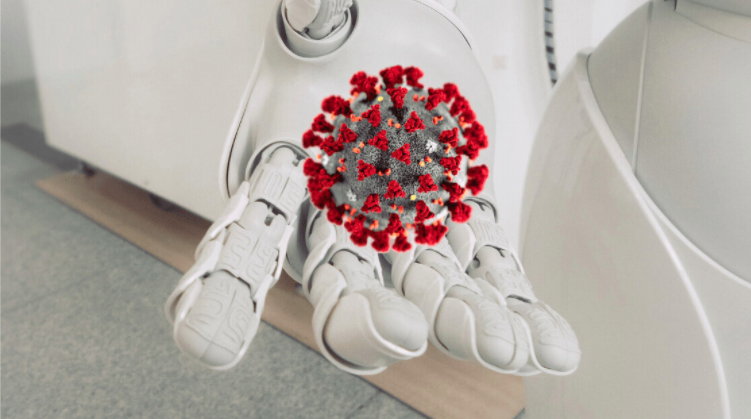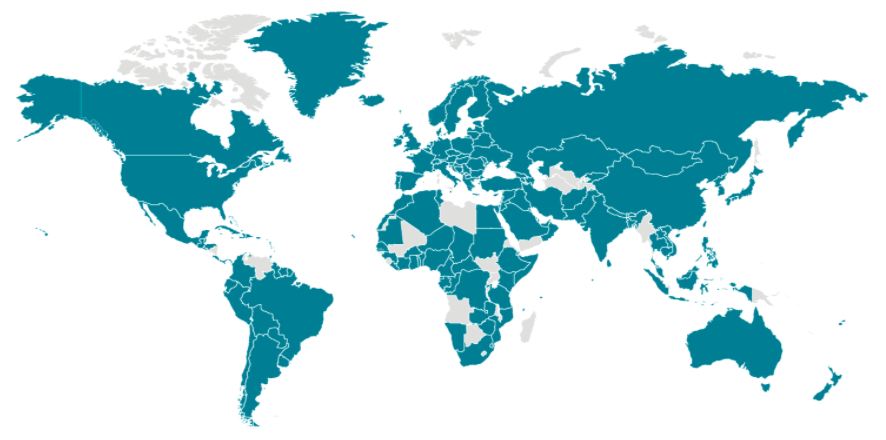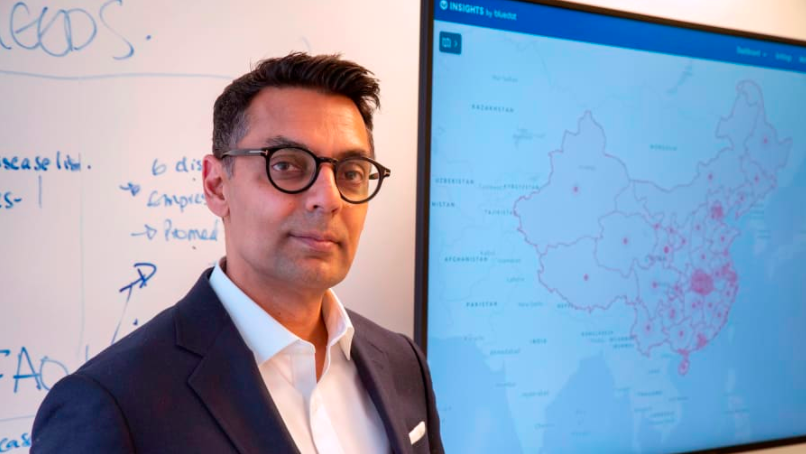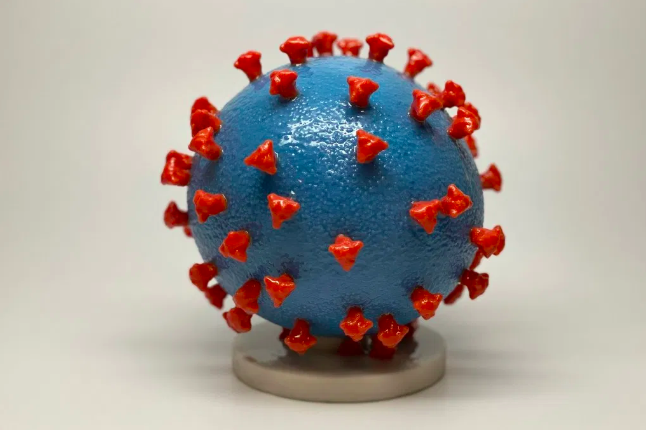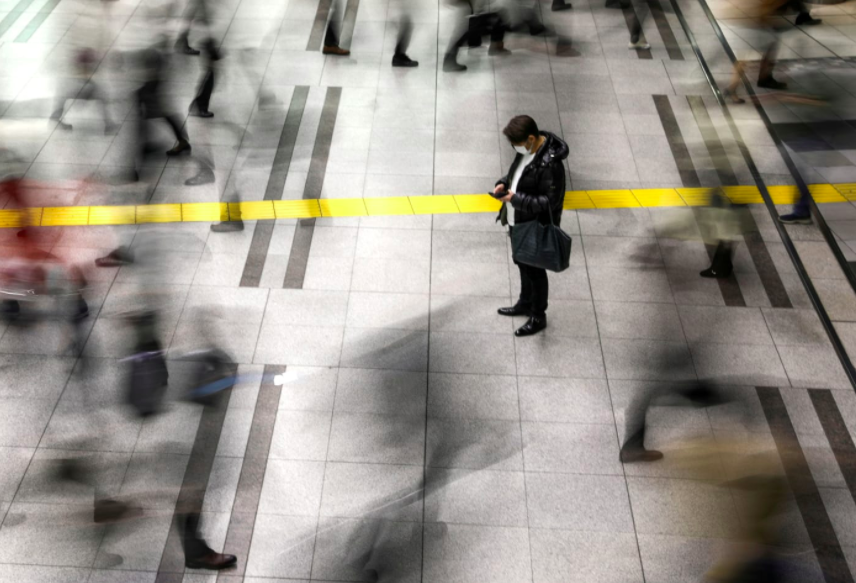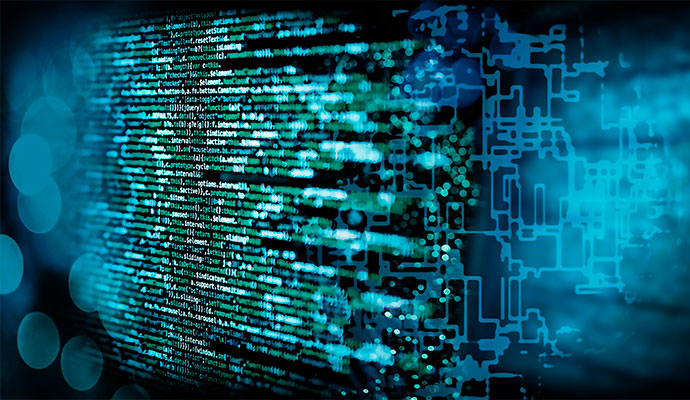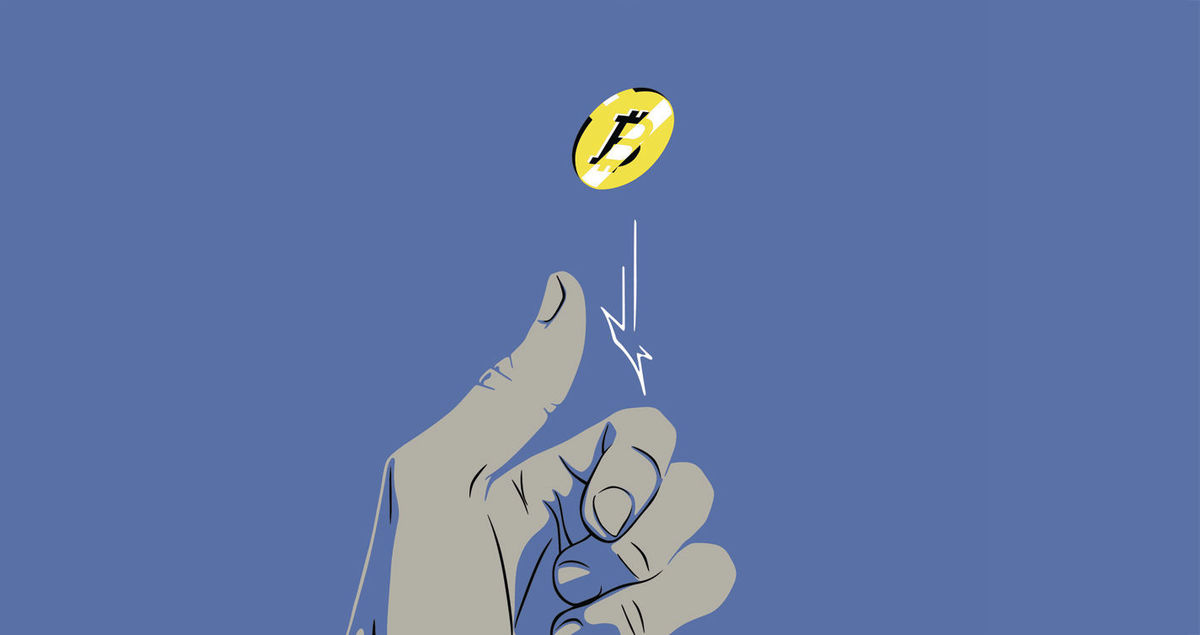Sweeping the world in a path of utter chaos, the infamous COVID-19 virus has been one of the worst contagions that the planet has seen in decades. Originating in mainland China, this deadly virus has spread around to countries in all corners of the world, infecting more than 381,520 people and taking more than 16,550 lives. In a scramble to contain this ever changing, and ever spreading virus, governments and health organizations have looked towards artificial intelligence (AI) as an opportunity to help. AI is being implemented to replicate human intelligence in the tracking of the outbreak, diagnosing patients, disinfecting areas, and advancing the process of finding a cure for COVID-19.
The most important forms of learning that AI provides are data science and machine learning, two effective weapons in fighting against the virus outbreak. An example of an AI program tracking infectious disease, BlueDot, is a Canadian start-up that utilizes natural language processing and machine learning algorithms. The platform has shown useful as it flagged a cluster of “unusual pneumonia” cases that were occurring in a market in Wuhan, China. Days later, the World Health Organization (WHO) declared this discovery as a “novel coronavirus,” after a person was found hospitalized in Wuhan with pneumonia. BlueDot looks at vast data sets that provide early signs of infectious epidemics. This data comes from statements from health organizations, commercial flights, livestock reports, climate data from satellites, and news reports. Given the vast data that comes in daily, the AI algorithms effectively filter through this information to find key correlations between data points.
Through the combination of expert human assistance and BlueDot’s AI, the spread of the virus can be determined through movement patterns of the people who are most affected by the virus. AI has shown to successfully identify the potential cities that the virus will spread to after its upbringing in Wuhan. Machine learning algorithms have shown travel patterns predicting where people who have the virus were most likely to travel.
There has been an increase in security surrounding the screenings at border crossings and airports. Using a thermometer gun to visually check travelers for signs of fever, coughing, and breathing difficulties, health officers’ jobs are being assisted through computer vision algorithms. Developed by a Chinese tech company, the AI platform Baidu uses infrared sensors to determine people’s temperatures in public areas. This system can screen up to 200 people per minute, while detecting their temperature within a range of 0.5 degrees Celsius. If the AI discovers anyone with a temperature above 37.3 degrees, that person is flagged. This technology is currently being used in Beijing’s Qinghe Railway Station.
Another innovative utilization of AI combating the spread of COVID-19 is its new role in detecting coronavirus in chest CT scans. Yet another AI platform emerging from a Chinese tech company, Alibaba, was developed with a 96% accuracy, a system that can be compared to experienced radiologists. The AI test has been trained on data from 5,000 coronavirus cases, and can perform its analysis in 20 seconds, compared to the standard 15 minutes it takes a human to diagnose the patient. As healthcare systems are under constant pressure to screen patients for the COVID-19 disease, this AI technology allows medical professionals the ability to accurately, and quickly assess the problem.
The coveted vaccine that could be developed to cure the virus is a growing necessity in this dangerous time. Creating and testing these drugs is a long, and costly process. With the help of AI, this process can be greatly sped up. A research lab developed by Google in 2014, DeepMind has found new information about the structure of proteins associated with COVID-19. Without AI, this discovery could have taken months. The understanding of the structures can provide life saving clues as to how to formulate the coronavirus vaccine. Although there is still no certified effective COVID-19 vaccine, each day AI provides groundbreaking information in the race for the discovery.
Making the population’s health the number one priority amidst this strenuous time, AI is bringing the scientific community together in order to help the future of humankind. Through their analysis of human patterns and groundbreaking medical discoveries, AI is providing the ability to go beyond traditional methods to fight this virus. Artificial intelligence is easing the stress for the entire population as the technology works constantly to eliminate this pandemic.
- https://thenextweb.com/neural/2020/03/21/why-ai-might-be-the-most-effective-weapon-we-have-to-fight-covid-19/
- https://news.stanford.edu/2020/03/20/stanford-virtual-conference-focus-covid-19-artificial-intelligence/
- https://www.cnbc.com/2020/03/03/bluedot-used-artificial-intelligence-to-predict-coronavirus-spread.html

